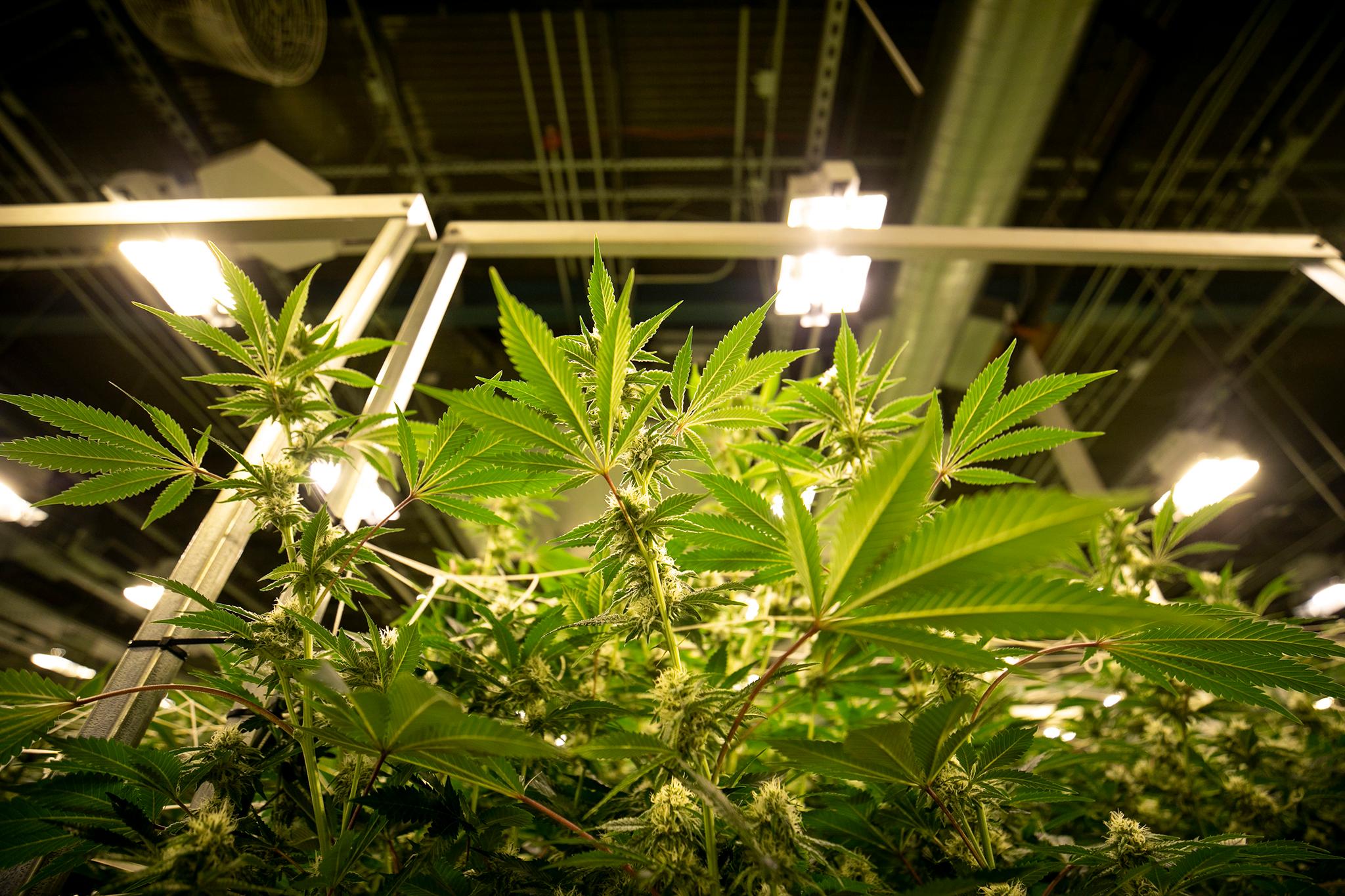
If passed, Ballot Question 300, which was placed on the ballot by citizens, would allow the approximately 90 existing medical marijuana shops in Colorado Springs to apply for a recreational marijuana license. Currently, recreational marijuana sales are not permitted in the city.
Here’s the language you’ll see on your ballot:
Shall the ordinances of the City of Colorado Springs be amended:
- To authorize only existing medical marijuana licensees to apply to become licensed as retail/recreational marijuana businesses, subject to all applicable taxes, including the existing 5% sales tax on retail/recreational marijuana to generate revenue for public safety programs, mental health services, and post-traumatic stress disorder treatment programs for veterans;
- To limit the number of retail/recreational marijuana licenses in Colorado Springs so that the number of licensed locations cannot exceed the number of existing medical marijuana licenses on November 5, 2024; and
- To codify violations and penalties for retail/recreational marijuana, which cannot be amended except by a vote of the people, in the Colorado Springs City Code including regulations that:
(1) prohibit any retail/recreational marijuana business within 1,000 feet of a public or private daycare, preschool or K-12 school,
(2) prohibit the sale or transfer of retail/recreational marijuana to any person under 21,
(3) prohibit the sale or transfer of retail/recreational marijuana acquired in another political subdivision to a person under 21, and
(4) prohibit possession of retail/recreational marijuana by any person at any public or private school, daycare, or preschool?
Who’s against it?
The Colorado Springs City Council has approved a competing ballot initiative that would place the city’s recreational marijuana ban into the city charter.
Additionally, in a 7-2 vote, the council recently approved a zoning ordinance that would essentially ban any future recreational sales within city limits. The ordinance, brought forward by Councilwoman Lynette Crow-Iverson, bans recreational sales within a mile of schools, daycare facilities, and drug and alcohol treatment centers.
“I oppose recreational marijuana,” Crow-Iverson said. “So I don’t want it to go anywhere.”
Map caption: This
However, it is likely that Ballot Question 300, if passed, would override the ordinance, according to proponents.
The ordinance has been seen as a preemptive action by city council against Ballot Question 300. Critics have called the ordinance a “distraction” meant to confuse voters.
CPR News reached out to the Colorado Springs’ city attorney's office to confirm whether the ballot measure would take precedence over the zoning ordinance and did not receive a response.
The ordinance — which puts a 1-mile buffer between schools, daycare facilities, drug rehabilitation centers and recreational marijuana businesses — is measured by a route of direct pedestrian access. According to Councilwoman Crow-Iverson the 1-mile radius is “not scientific.” If the ordinance is allowed to stand, hardly any recreational stores would be able to open.
Councilwomen Yolanda Avila and Nancy Henjum, as well as the city planning commissioners, all opposed the zoning ordinance.
Interim Planning Director Kevin Walker told council members that the commission “heard a lot of testimony about fear of marijuana use especially among the youth in our community. But they did not see the logic between one mile vs a half mile or whatever the other distance might be.”
Two years ago, voters turned down a similar question to legalize recreational marijuana sales with 57% voting against it.
Who’s for Ballot Question 300?
Citizens for Responsible Marijuana Regulation is a resident and dispensary-backed group that proposed Ballot Question 300.
“We want to regulate retail marijuana,” Meghan Graf, a spokesperson for the group, told CPR News. “The politicians want to ban it for a variety of unscientific reasons… We view that on election day voters will decide on [recreational marijuana] sales and store distance setbacks via our ballot measure.”
According to the group, Ballot Question 300 “was intentionally drafted to safely regulate recreational marijuana and protect kids, while keeping valuable tax revenue within the city.”
They say that legalizing recreational marijuana in the city would boost the local economy through job creation, increased revenue, and promote responsible use through more controlled and regulated sales.
When asked about the city council’s recent zoning ordinance, Graf called it “a distraction” and an “attempt to confuse voters.” She says the group is confident that if passed by voters, the Ballot Question 300 would “take precedence over a city council passed measure.”
How would it work?
Colorado Springs currently limits medical marijuana shops from operating within 1,000 feet of schools and child care facilities. If passed, Ballot Question 300 would function similarly by allowing existing medical marijuana shops to sell recreational marijuana as well.
The measure limits the number of recreational licenses to the existenting number of medical marijuana licenses, meaning no new marijuana businesses would open. The existing medical marijuana dispensaries would receive dual licenses to sell both medical and recreational, should those businesses choose to opt in.
The ballot measure would also provide the revenue for a tax measure passed in 2022. Around the state, cities that have legalized recreational marijuana sales have directed tax income from sales to support a range of community initiatives. In Colorado Springs that tax revenue would go towards public safety, mental health and veteran PTSD programs.
Again, it is unclear whether Ballot Measure 300 would take precedence over the one mile zoning ordinance city council voted on to ban recreational marijuana sales within city limits. Proponents of the ordinance say it will. The city attorney did not respond to comment.









